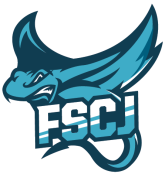Archive:
"From Root2STEM" Science Symposium 2024
Overview
Time: Friday, November 1, 2024, 8:00 A.M. - 3:00 P.M.
Location: FSCJ Advanced Technology Center (ATC)
Our mission is to foster an environment where K-12, college educators, and those who support them can learn from one another as we share ideas and resources. This year’s theme, Student Engagement, is crucial as it underscores the necessity of preparing our students to effectively tackle complex scientific issues, a skill that is increasingly in demand.
Please click here to register on Eventbrite and see the detailed session program below to register for PD credit for individual sessions.
Program
- Agenda
-
Breakfast / Registration,
8:00 a.m. - 8:30 a.m. -
Welcome / Orientation,
8:30 a.m. - 8:50 a.m. -
Session 1,
9:00 a.m. - 9:50 a.m. -
Session 2,
10:00 a.m. - 10:50 a.m. -
Session 3,
11:00 a.m. - 11:50 p.m. -
Lunch/Table Talks,
12:00 p.m. - 12:50 p.m. -
Session 4,
1:00 p.m. - 1:50 p.m. -
Session 5,
2:00 p.m. - 2:50 p.m.
-
Agenda
Friday, November 1, 2024
FSCJ Advanced Technology Center (ATC), 401 W. State Street, Jacksonville, FL 32202Special note: Internal faculty and staff should register using the FSCJ Registration links included in the Course Descriptions. 8:00 A.M. - 8:30 A.M. Breakfast/Registration Building T, Room T-141 8:30 A.M. - 8:50 A.M. Welcome/Orientation Building T, Room T-141 9:00 A.M. - 9:50 A.M. Session 1 Building T, Various rooms 10:00 A.M. - 10:50 A.M. Session 2 Building T, Various rooms 11:00 A.M. - 11:50 A.M. Session 3 Building T, Various rooms 12:00 P.M. - 12:50 P.M. Lunch/Table Talks Building T, Room T-141 1:00 P.M. - 1:50 P.M. Session 4 Building T, Various rooms 2:00 P.M. - 2:50 P.M. Session 5 Building T, Various rooms -
Breakfast / Registration,
8:00 a.m. - 8:30 a.m.Both breakfast and registration will take place at:
FSCJ Advanced Technology Center
401 W. State Street
Jacksonville, FL 32202
Building T, Room T-141 -
Welcome / Orientation,
8:30 a.m. - 8:50 a.m.The Welcome and Orientation portion will take place at:
FSCJ Advanced Technology Center
401 W. State Street
Jacksonville, FL 32202
Building T, Room T-141 -
Session 1,
9:00 a.m. - 9:50 a.m.Connecting Classrooms to Conservation
Ms. Emily Blum, Jacksonville Zoo & Gardens
Target Audience: K-8; 9-12; undergraduate science
Teaching conservation to the next generation is important as attitudes about the earth’s natural resources begin at an early age. As educators, we can give our students the opportunities they need to be environmental advocates. In this session, educators will learn ways to connect their classrooms to both local and global conservation efforts, while reinforcing the Florida State Science Standards! Educators will walk away with tools and resources that they can implement during the school year to get their students to take conservation actions. Whether it be within the four classroom walls or beyond, students at any age can make a meaningful impact on our environment and become wildlife stewards.
PD 2190
9:00 a.m. – 9:50 a.m.
40-minute presentation (with 10-minute Q&A)
Room T-234
Register NowCreating a Virtual Escape Room for Your Classroom
Dr. Kyle Register, Florida State College at Jacksonville
Target Audience: K-8; 9-12; undergraduate science
Utilizing a digital escape room offers an enjoyable educational experience and is a distinctive and fun way for students to reinforce their understanding of scientific concepts. I will present the steps for creating a virtual escape room focusing my room on cardiovascular anatomy and physiology. You can then create an escape room for any subject and topic. There is ample space for creativity throughout the process, from room design, to writing the narrative, and designing the clues. Students work through various exercises to get the code to “escape” the room.
PD 2192
9:00 a.m. – 9:50 a.m.
40-minute presentation (with 10-minute Q&A)
Room T-241A
Register NowExploring Sustainable Agriculture: A Guided Tour of FSCJ's Aquaponics Lab
Mr. Lance "Doc" Culver, Florida State College at Jacksonville
Target Audience: K-8; 9-12; undergraduate science
Join the Urban Agriculture Team at the 2024 Science Symposium for a unique opportunity to explore sustainable agriculture through guided tours of FSCJ's Aquaponics Lab. Located in Building C, the lab will host three tours, each lasting approximately 10 minutes, followed by a 5-minute Q&A session. Participants will be gathered and escorted from the ATC Building to the Lab. Discover the future of farming with us!
PD 2189
9:00 a.m. – 9:50 a.m.
40-minute presentation (with 10-minute Q&A)
Tour - Meet by Pearl St. doors on first floor
Register NowHow do we keep students engaged with Science Circles?
Mrs. Silvana Spence, The STEAM Squad
Target Audience: K-8
"Engaging students with hands-on experiences is crucial for their learning growth. Science circles are learning strategies combined with various experiments following state standards for k-8th classrooms. The circles include science experiments, music, and movements where scholars will leave the classroom and carry lifelong memories and learning applications to their daily lives. This strategy will include several DIY experiments, including robotics. Educators can maximize their circles with literary content by implementing critical thinking strategy games to diversify students' learning."
PD 2193
9:00 a.m. – 9:50 a.m.
40-minute presentation (with 10-minute Q&A)
Room T-231
Register NowMaking Science Discussions Worthwhile in the Classroom
Prof. Alexandra Stancil, Florida State College at Jacksonville
Target Audience: K-8; 9-12; undergraduate science
The Discussion Board is one of the hardest assignments I find to get my students to not only enjoy but engage in the activity itself. As a dual enrollment instructor, I have the luxury of both the online and in-class platforms to relay information to the students. With this I have found the blending of the two to be most beneficial for the students, and myself. Typically, as a student you are given a discussion topic to read and post about, then required to follow-up with other classmates. In my Discussion posts, as this is a science course, I assign the students a research article before the discussion date, then we have a round table discussion of the article in class. We look at things from where and when it was published, to the type of research conducted, and the relevance of the topic to the material we are currently learning. Are there terms or methods we are asking them to know or are we currently studying? This helps bridge the gap between just learning the material and real-life applications in the science field. I even like to find current news articles if applicable that relate. This in-class discussion is then continued on the discussion board itself in Canvas. Here I will ask the students to use the FSCJ LLC’s databases to find another research article on the topic, and use this to complete the topics/questions asked on the discussion board. The students are in turn learning how to navigate the databases for research, engaging in learning current ideas or methods in science research, and become comfortable with reading and reviewing science materials. Having this follow the in-class discussion the students seem more engaged and open to share on the discussion board itself. This seems to continue and contribute to really great discussions and having the students engaged.
PD 2191
9:00 a.m. – 9:50 a.m.
40-minute presentation (with 10-minute Q&A)
Room T-241
Register Now -
Session 2,
10:00 a.m. - 10:50 a.m.Back to Our Roots
Prof. Caroline Sampson, Florida State College at Jacksonville
Target Audience: K-8; 9-12; undergraduate science
Young children learn by playing. Is it possible that older people can, too? This session will highlight active learning strategies that can be used in even high-level classes, including gamification, small group activities and competitions, puzzles, and others. Participants will complete several cooperative learning activities that can be modified to any content.
PD 2196
10:00 a.m. – 10:50 a.m.
50-minute workshop
Room T-241A
Register NowClimate Conscious Classrooms: Using Environmental Data to Improve our Communities
Ms. Karolyn Burns, The CLEO Institute
Target Audience: K-8; 9-12
Join the CLEO Institute for an inspiring and practical workshop tailored to empower educators to address climate change within their classrooms. Our workshop, "Climate Conscious Classrooms: Using Data to Improve our Communities," offers innovative strategies for teaching about climate change and its effects on our planet. Covering topics from air quality to tree cover, this session, led by CLEO Institute staff, will provide you with the knowledge and tools needed to engage your students in meaningful discussions, data gathering and analysis, and actionable solutions. You'll gain insights into environmental parameters, participate in hands-on activities, and learn effective communication techniques to inspire your students to become agents of change. Join us in navigating the complexities of climate change and shaping a sustainable future for future generations.
PD 2197
10:00 a.m. – 10:50 a.m.
50-minute workshop
Room T-231
Register NowImplementing an Aligned Investigation in a Science Classroom
Mrs. Madeline Twigg, Ms. Brianna Hubbard, Ms. Shalimar Lane, Mrs. Kimberly Rowe, Duval Country Public Schools
Target Audience: K-8
In this workshop, we will navigate through the preparation and implementation of an aligned investigation in a science classroom. We will demonstrate the execution of the aligned investigation including but not limited to lab roles, use of hands-on materials, high order questions and checks for mastery of the standard.
PD 2194
10:00 a.m. – 10:50 a.m.
50-minute workshop
Room T-234
Register NowUsing 360 Immersive Video to Meet Student Learning Objectives
Dr. Nisse Goldberg, Dr. Amber Santos, Mr. Charles Daniel Pippin, Jacksonville University
Target Audience: undergraduate science
The incorporation of immersive video enables student exposure to a variety of learning experiences that may be otherwise inaccessible in the health and natural sciences. In this presentation, applications using 360 immersive videos, the technology required, example learning objectives and associated activities, and student responses will be shared. Challenges and future directions will be explored with the goal of providing faculty, staff, and student skill development as this technology advances.
PD 2195
10:00 a.m. – 10:50 a.m.
40-minute presentation (with 10-minute Q&A)
Room T-241
Register Now -
Session 3,
11:00 a.m. - 11:50 p.m.Exploring Sustainable Agriculture: A Guided Tour of FSCJ's Aquaponics Lab
Mr. Lance "Doc" Culver, Florida State College at Jacksonville
Target Audience: K-8; 9-12; undergraduate science
Join the Urban Agriculture Team at the 2024 Science Symposium for a unique opportunity to explore sustainable agriculture through guided tours of FSCJ's Aquaponics Lab. Located in Building C, the lab will host three tours, each lasting approximately 10 minutes, followed by a 5-minute Q&A session. Participants will be gathered and escorted from the ATC Building to the Lab. Discover the future of farming with us!
PD 2189
11:00 a.m. – 11:50 a.m.
40-minute presentation (with 10-minute Q&A)
Tour - Meet by Pearl St. doors on first floor
Register NowIntro to STEM Learning K-2 using PBS Learning Media
Mr. Andrew Williams, WJCT Public Media
Target Audience: K-8
Bringing STEM activities into your classroom, teaching work habits, adding project-based learning to the curriculum. PEEP Science Teaching Strategies for Center-Based Preschool Educators. In this one-hour, self-paced training, you will learn key strategies for sharing.
PD 2200
11:00 a.m. – 11:50 a.m.
50-minute workshop
Room T-241
Register NowLevel Up Your Science Classroom: Gamification Strategies for Engaging Learning
Mrs. La'tricia Baker, Duval County Public Schools
Target Audience: K-8; 9-12
In this session, participants will be introduced to the concept of gamification and explore how it may enhance science education. The session will focus on how gamification can “level up” the student experience by incorporating elements of game design into instruction to boost student engagement and motivation.
PD 2199
11:00 a.m. – 11:50 a.m.
50-minute workshop
Room T-234
Register NowUse of Metacognitive Strategies to Improve Compliance with Assigned Textbook Reading in Health Science Courses
Dr. Kimberly Fahlgren, Florida State College at Jacksonville
Target Audience: undergraduate science
Motivating students to engage in assigned reading and notetaking prior to class can be a challenge for most instructors. This workshop is designed to share a variety of evidenced based strategies including reading apprenticeship as well as anecdotal examples for improving student engagement. Educators can model metacognitive processes, demonstrating how to dissect complex material. By breaking down barriers such as unfamiliar terminology or dense content, students gain confidence and motivation to engage in the text. The primary objective of this workshop is for educators to learn how to empower students to overcome obstacles and embrace their assigned reading effectively.
PD 2201
11:00 a.m. – 11:50 a.m.
40-minute presentation (with 10-minute Q&A)
Room T-241A
Register NowUsing Reflection to Amplify Instruction
Dr. Shelletta Baker, Florida State College at Jacksonville
Target Audience: K-8; 9-12; undergraduate science
According to the National Institutes of Health, reflection improves instruction and student understanding. Therefore, this session will introduce participants to reflexive strategies and share examples of how reflection can be used to bolster and support instruction in any class. Also, participants will engage in hands-on – activities involving reflexive practice. The activities will include reflections on student learning, reflections on instruction and summary reflection.
PD 2202
11:00 a.m. – 11:50 a.m.
50-minute workshop
Room T-231
Register Now -
Lunch/Table Talks,
12:00 p.m. - 12:50 p.m.The Lunch/Table Talks portion will take place at:
FSCJ Advanced Technology Center
401 W. State Street
Jacksonville, FL 32202
Building T, Room T-141 -
Session 4,
1:00 p.m. - 1:50 p.m.Exploring the World of AI in Biotechnology
Dr. Kasyapa Chitta, Florida State College at Jacksonville
Target Audience: K-8; 9-12; undergraduate science
AI is playing a major role in unraveling the wonders of modern life, including advancements in biotechnology. Some of the available tools, such as online databases, analysis software, and simulated experiments, can be learned and utilized without ever stepping into a wet lab, making them accessible to enthusiasts as well. These tools are introduced and discussed. Also, an opportunity for K-12 teachers and students for a hands-on training will be presented.
PD 2204
1:00 p.m. – 1:50 p.m.
40-minute presentation (with 10-minute Q&A)
Room T-241
Register NowPlant tissue culture and plant propagation techniques
Dr. Dianne Fair, Florida State College at Jacksonville
Target Audience: K-8; 9-12; undergraduate science
Propagation of plant tissue is centuries old. Farmers may use seeds, shoots and slips to start their crops while plant enthusiasts may take cuttings from stems or leaves and attempt to root them in water, soil or other media. These botanical techniques need not be expensive and can be adapted in your classroom to any age and skill level of students. The practice of using clear plastic or glass containers (safely, of course) will allow the students to observe the roots as they grow, leading to discussions of cell division, mitosis, photosynthesis as tissues mature in light, and even dealing with symbiosis (or contamination) by algae, fungi, and bacteria.
PD 2203
1:00 p.m. – 1:50 p.m.
40-minute presentation (with 10-minute Q&A)
Room T-234
Register NowRadiotracking Eastern Diamondback Rattlesnakes on a Barrier Island: Transforming the Data Into Immersive Education Programs
Mrs. Tiffany Bright, Mr. Alec Jarboe, The Rattlesnake Conservancy
Target Audience: K-8; 9-12; undergraduate science
The interpretive process of creating an immersive educational activity using raw data collected by biologists on Jekyll island - one of Georgia's protected barrier islands, as a part of the Jekyll Island Authority Conservation Department's ongoing research into one of the most misunderstood animals: the eastern diamondback rattlesnake. In a classroom or at home, the interpretive methods we used effectively communicate the science in a way that give children the opportunity to track the real movements of both male and female eastern diamondback rattlesnakes over a one-year period. It's designed to provide a deeper understanding of their behavior and habitat while using storytelling and inspiring community participation in conservation. The methods we used for creating this activity can be adapted and applied to communicate scientific records in a way that encourages a sense of ownership in all habitats and species in children and the larger community.
PD 2206
1:00 p.m. – 1:50 p.m.
50-minute workshop
Room T-231
Register NowThe Intersection of Art and Science: STEAM Projects for the Classroom
Ms. Christi Dixon, Mr. Charlie Caldwell, Ms. Chelsea Ross, Duval County Public Schools
Target Audience: K-8
This workshop will explore the intersection of art and science through STEAM (Science, Technology, Engineering, Art, and Mathematics) projects. Attendees will participate in creative projects that integrate artistic expression with scientific inquiry. Imagine creating science models with 3d pens and channeling your inner Jackson-Pollock to create an art piece using sound waves.
PD 2205
1:00 p.m. – 1:50 p.m.
50-minute workshop
Room T-241A
Register Now -
Session 5,
2:00 p.m. - 2:50 p.m.Bringing Virtual Reality to STEM Education Classrooms: Preparing the Next Generation of Educators
Ms. Sierra Morandi, Florida State University
Target Audience: undergraduate science
One technology that has the potential to be transformative across education classes is AR/VR equipment. Augmented reality (AR) and virtual reality (VR) technologies can advance curriculum and instruction for all students, providing an opportunity to assist students in many ways. Students who are limited by their environment or inaccessible due to disability are now able to be engaged equitably alongside their peers. Reduction of barriers such as limited resources, time, and money makes spaces more accessible specifically for students who come from marginalized backgrounds, making the use of AR/VR a large step in providing more equitable instruction within higher education.
PD 2208
2:00 p.m. – 2:50 p.m.
40-minute presentation (with 10-minute Q&A)
Room T-241
Register NowIntegrating Robotics into the Science Curriculum
Mr. Charles Caldwell, Ms. Chelsea Ross, Mrs. Christi Dixon, Duval County Public Schools
Target Audience: K-8
This presentation will showcase how robotics can be integrated into the science curriculum to engage students and enhance their understanding of scientific concepts. Attendees will see demonstrations of robotics projects and learn how to incorporate these activities into their teaching.
PD 2210
2:00 p.m. – 2:50 p.m.
40-minute presentation (with 10-minute Q&A)
Room T-241A
Register NowPlant tissue culture and plant propagation techniques
Dr. Dianne Fair, Florida State College at Jacksonville
Target Audience: K-8; 9-12; undergraduate science
Propagation of plant tissue is centuries old. Farmers may use seeds, shoots and slips to start their crops while plant enthusiasts may take cuttings from stems or leaves and attempt to root them in water, soil or other media. These botanical techniques need not be expensive and can be adapted in your classroom to any age and skill level of students. The practice of using clear plastic or glass containers (safely, of course) will allow the students to observe the roots as they grow, leading to discussions of cell division, mitosis, photosynthesis as tissues mature in light, and even dealing with symbiosis (or contamination) by algae, fungi, and bacteria.
PD 2203
2:00 p.m. – 2:50 p.m.
40-minute presentation (with 10-minute Q&A)
Room T-234
Register Now
Our Sponsors
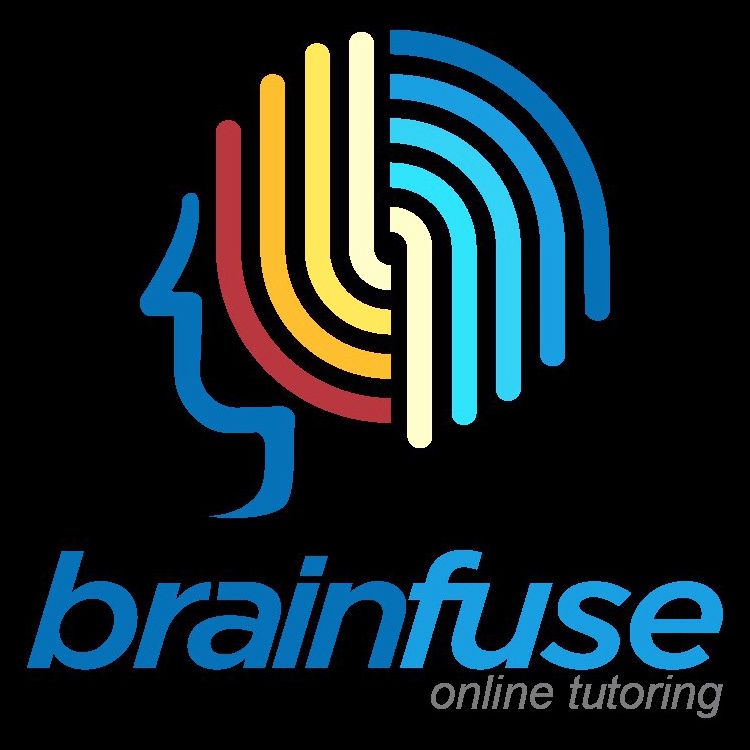
Brainfuse Online Tutoring
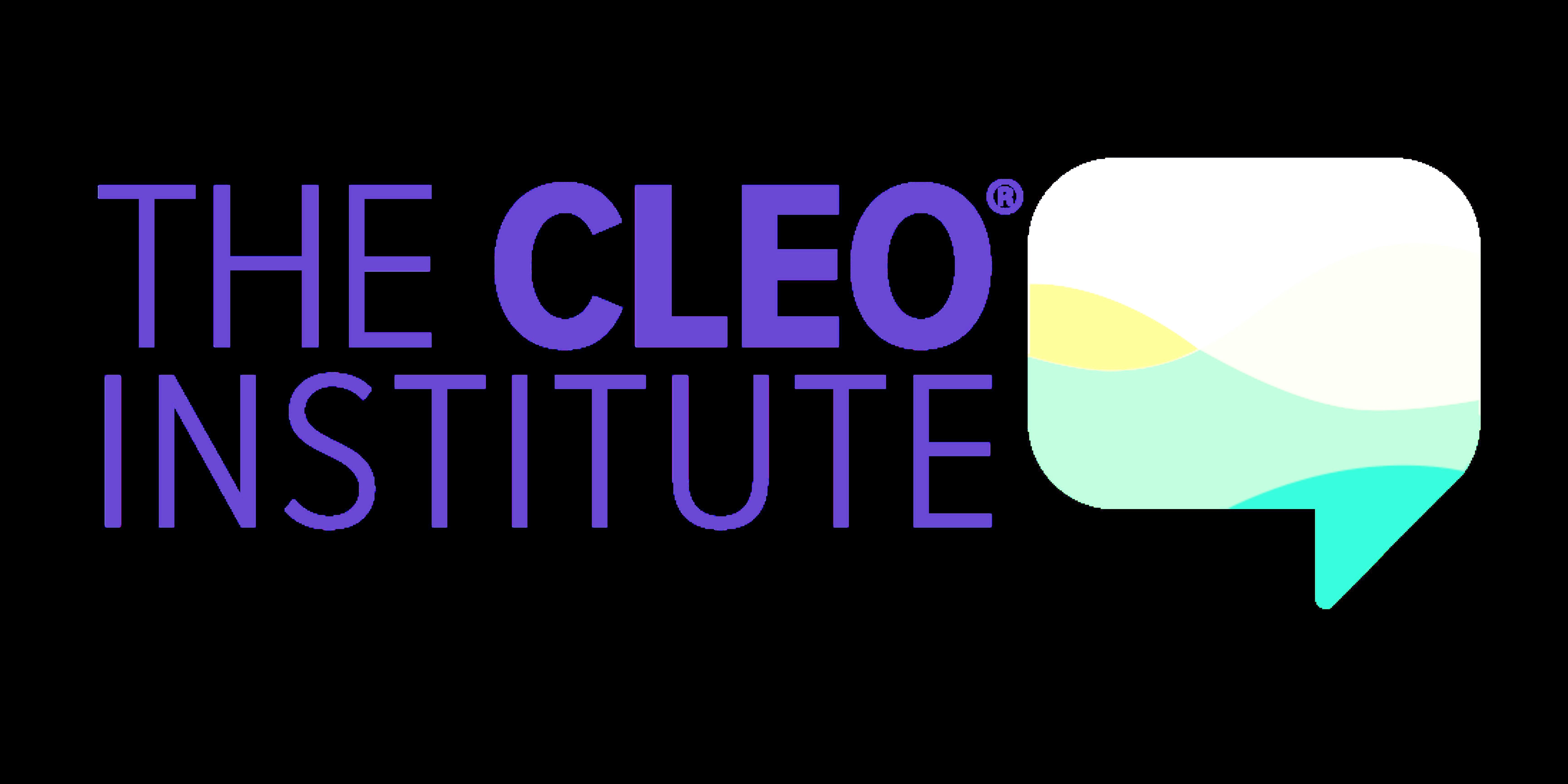
The Cleo Institute
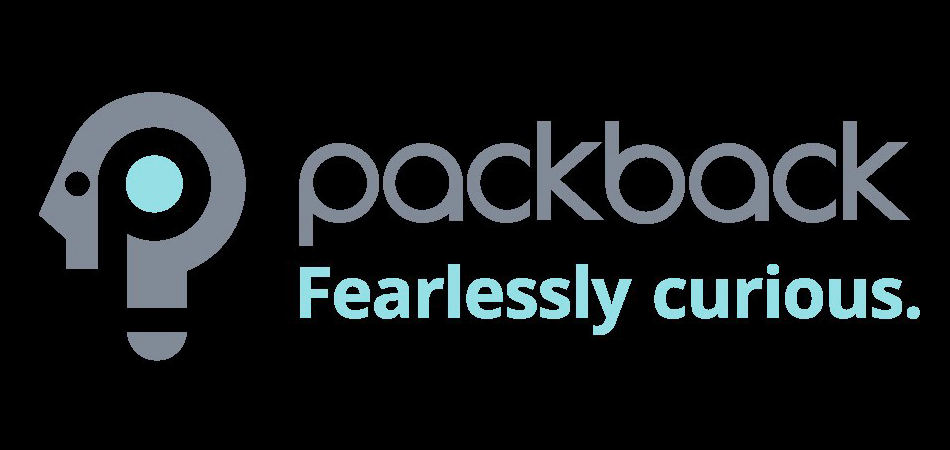
Packback
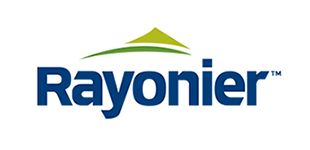
Rayonier
SACSCOC
Florida State College at Jacksonville is accredited by the Southern Association of Colleges and Schools Commission on Colleges (SACSCOC) to award the baccalaureate and associate degree. Contact the Commission on Colleges at 1866 Southern Lane, Decatur, Georgia 30033-4097, or call (404) 679-4500 for questions about the accreditation of Florida State College at Jacksonville. The Commission is to be contacted only if there is evidence that appears to support an institution's significant non-compliance with a requirement or standard.
◈ 501 West State Street, Jacksonville, FL 32202 - © FSCJ - All Rights Reserved
